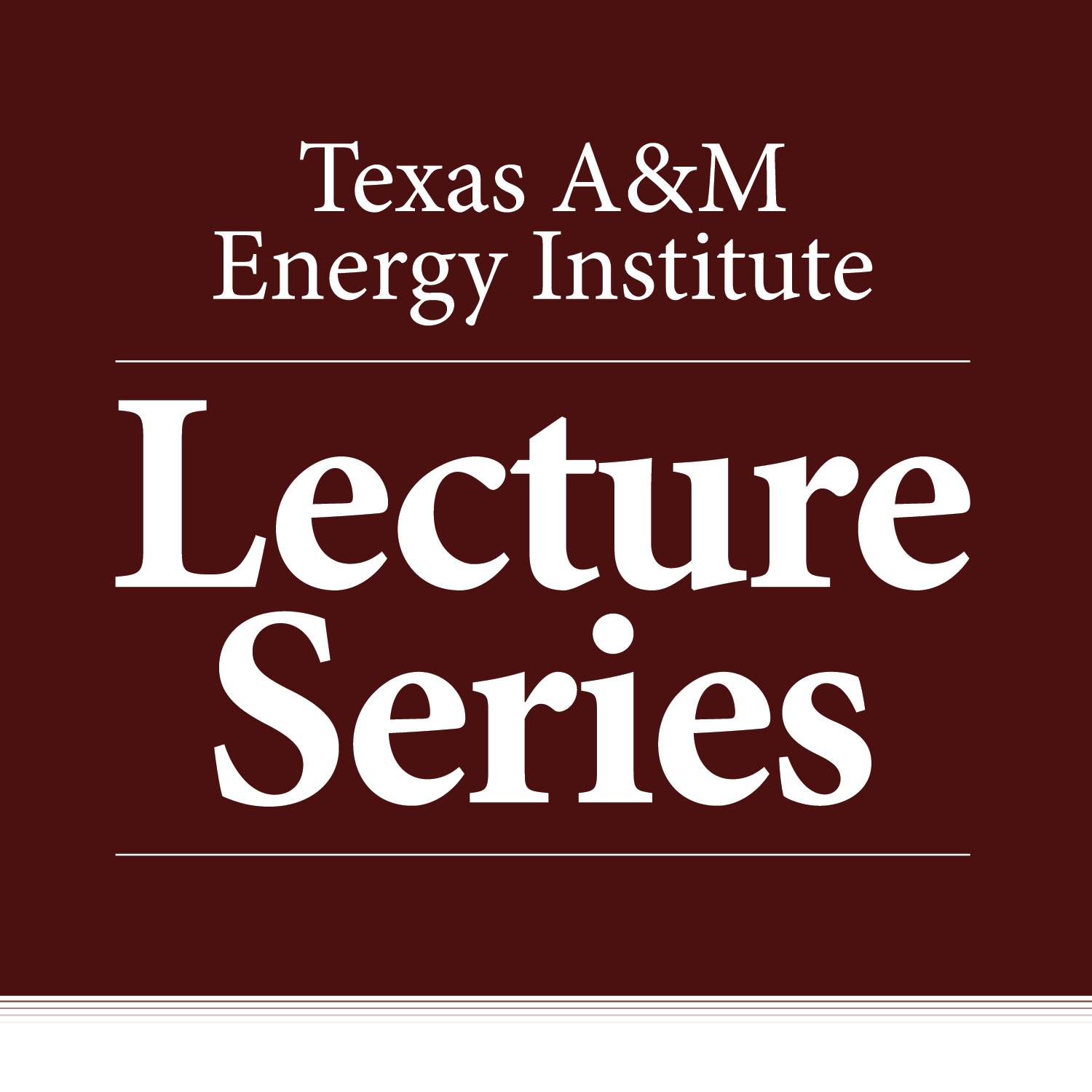
Novel technology for CO2 conversion to carbon nanotubes: from the micro- to macro-scale
The next presentation in the Texas A&M Energy Institute Lecture Series, featuring Dr. Nimir Elbashir, a Professor of Chemical Engineering, Director of the TEES Gas and Fuels Research Center, and Chairman of the ORYX-GTL Gas-to-Liquid Excellence Program, will be held on Monday, June 1, 2020, from 12:00 p.m. – 1:00 p.m. through an online Zoom meeting. The topic will be “Novel technology for CO2 conversion to carbon nanotubes: from the micro- to macro-scale.”
Abstract
The potential of natural gas to be a major component of the global energy mix emerged following the Paris Agreement, which restricts any rise in global average temperature to well below 2°C above pre-industrial levels.
Conventionally, natural gas is utilized either as liquefied natural gas (LNG) or via gas-to-liquid technology (GTL), the latter of which yields ultra-clean fuels and value-added chemicals. However, both these routes require significantly energy-intensive processes and, therefore, emit large volumes of greenhouse gases (GHGs) – primarily CO2.
This study provides an overview of an effective CO2 utilization path, called CARGEN (for CARbon GENeration). This patented technology greatly reduces the carbon footprint of natural gas reformers by converting CO2 to not only Syngas (a critical intermediate in the production of fuels and chemicals) but also high-value, multi-walled carbon nanotubes (MWCNTs). The added benefit of MWCNT production (a ‘next-gen’ material, currently priced at ~1000 USD/kg), gives CARGEN a crucial economic advantage over traditional natural gas reforming processes while fully sequestering CO2 to solid carbon. We developed this technology on two fronts: the first front focused on the development of a new catalyst, which we were able to scale up from microgram to milligram, and even to a multi-gram level. The second front was on the process engineering level, involving the development of modeling tools capable of predicting the thermodynamic behavior of the process, reactor energy requirements, and the degree of carbon fixation, supported by a thorough life cycle assessment (LCA) of the process.
The CARGEN technology achieves an impressive 40% reduction in CO2 footprint and an approximately 42% reduction in operational cost relative to industry benchmark processes. From a process integration viewpoint, CARGEN operates at 50% lower energy compared to the industrial benchmark processes, while converting at least 65% CO2 per pass.
Biography
Professor Elbashir is a professor of Chemical Engineering and Petroleum Engineering at Texas A&M University at Qatar and the director of the Texas A&M Engineering Experiment Station (TEES) Gas and Fuels Research Center. The focus of his research activities is the design of advanced reactors, catalysts, and conversion processes for natural gas, coal, and CO2 to ultra-clean fuels and value-added chemicals. He has established several unique global research collaboration models between academia and industry. He holds several U.S. and European patents and a large number of scientific publications in the form of peer-reviewed journals, conference papers, and technical industry reports as well as invited talks and conference presentations. The scholarship of his research activities has been recognized by awards from Qatar Foundation, BASF Corp., Texas A&M University Engineering Experiment Station, Texas A&M University at Qatar, the American Institute of Chemical Engineers, Shell, ORYX GTL Co., and others.
